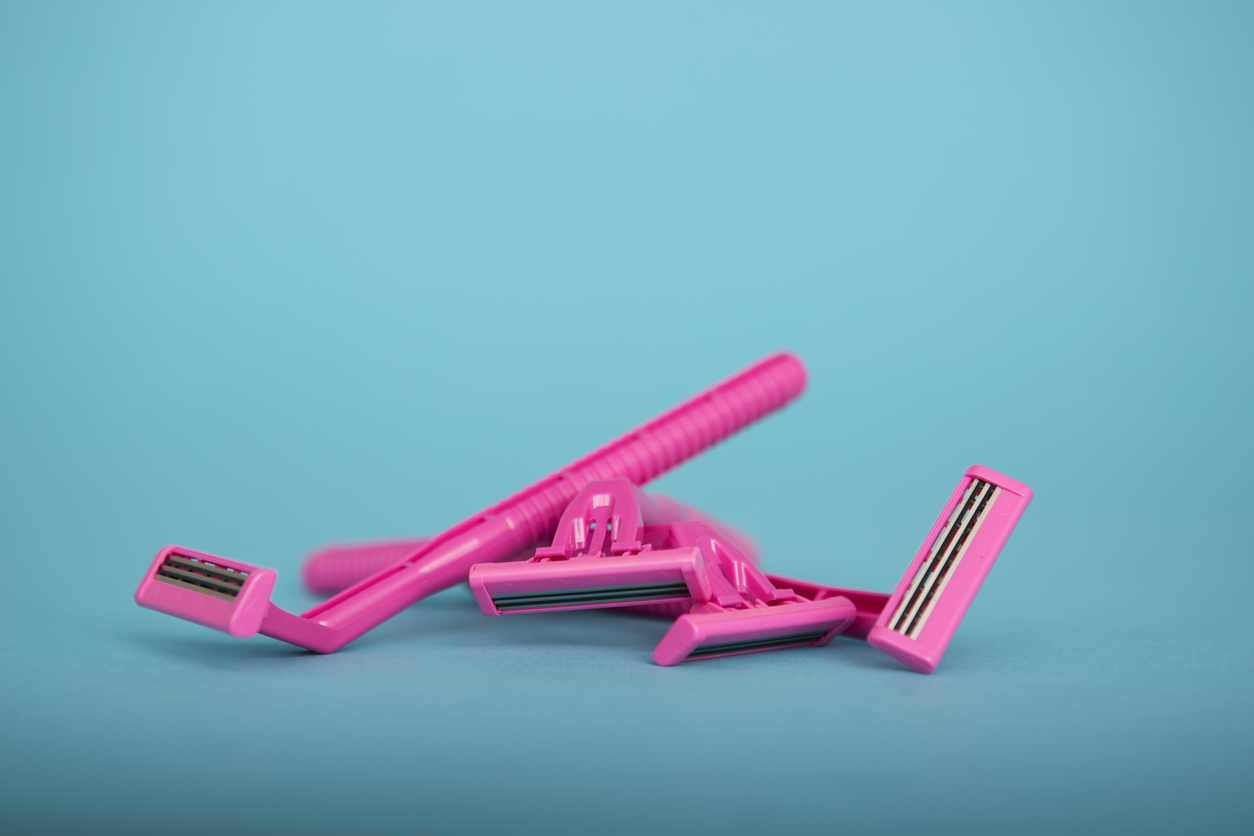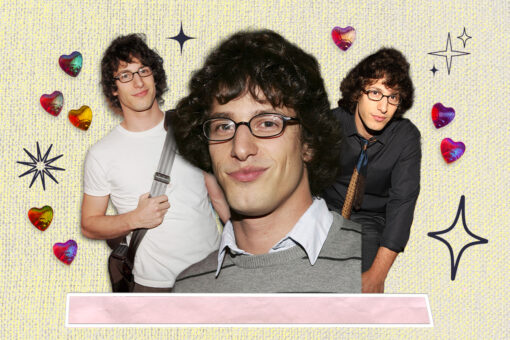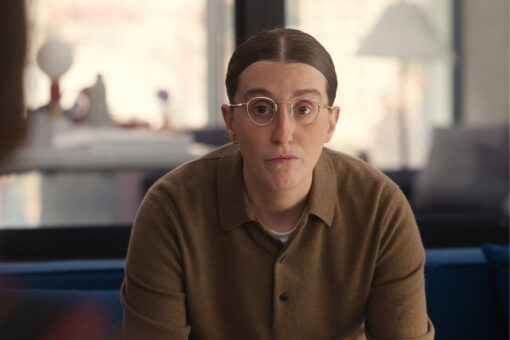Jews are notoriously hairy creatures. Jewish men and women alike lament their excess of body hair in college blogs and the Forward, plucking, waxing, and shaving away dark, thick locks when they appear beyond the scalp.
While we should not minimize the plight of hairy Jewish men, modern, secular society has traditionally accepted men who sport ample body hair more readily than their furry, femme counterparts. However, views are shifting.
As a kid, I remember gaining permission to shave my legs (from my mother) as a rite of passage equivalent to participating in my first kiss or having my first beer. Moms would warn us 12-year-olds that once you shaved your legs, you’d be doomed to regular shaving forever, lest you accept the fate of being eternally prickly. These cautions mirrored those we would receive years later about losing our virginity — you can’t regrow your hymen, just like you can’t regrow your light, virgin leg hair.
Plus, shaving was cool. The older girls all did it, preteens of both genders would notice if you didn’t, and you’d get a nod of approval for conforming to the hairless beauty standard propagated by the media.
Today, the media offers more examples of hairy women, from female celebrities who bare hairy pits and legs on social media to Business Insider covering the health benefits of not shaving. I, personally, feel fine letting my leg hair show and have for years, especially since it’s fairly light. Last week, I went to the beach and didn’t shave my bikini line. The horror, I know.
But for all the pro-hair attitudes, female-identified people openly baring body hair makes a splash — someone deemed an article about celebrities who “aren’t afraid to flaunt” body hair worth writing in the first place. Plus, a tabloid bothered covering a Polish woman in February who hadn’t shaved her body hair for one year, knowing it would garner shares (7,100 of them as of this writing), and journalist Britni de la Cretaz wrote an insightful piece for Elle about how body hair continues to disproportionately hamper women in the workplace.
Judaism has an unnerving history with female body hair, best embodied in the story of Tamar, daughter of King David. In the Torah, Tamar’s half-brother, Amnon, is “obsessed” with her physical beauty and, when she says no to his request to sleep with her, rapes her. According to some interpretations, during the attack, Tamar ends up castrating Amnon using one of her pubic hairs. I’m not sure how that would work, but power to the pubes. That man got what he deserved.
At the time this story takes place, circa 1,000 BCE, Jewish women were actually known for the opposite of what they’re known for today — having very little body hair. The Talmud says Jewish women didn’t grow armpit or pubic hair during Tamar’s lifetime. The fact that she had pubes — pubes with slicing abilities, no less — meant her mother must not have been Jewish, but was instead captured by the Jewish army and forced to wed King David, according to a post by Jewrotica that heavily cites the Torah. After Jewish women somehow “started growing body hair” (it’s obvious why I’m using quotation marks here, right?), it was okay, if not preferred, for them to shave it off.
Jewish women today have varying opinions on their body hair. I spoke to some of my Jewish lady friends (Jewish in that they’d all qualify for Birthright) about their shaving preferences and heard about eyebrow drama, waxing aversion, and gender power dynamics regarding pubes (hey, Tamar).
Martha, 28, says she’s planning on getting laser hair removal for her pubes, because, as she puts it, “they’re itchy as shit.” She told me, “Visually, I just like to be clean… Can I be really honest? I think it is just easier to be eaten out.”
Hannah, 27, admits mainstream socialization impacted her thoughts on body hair early on. “Reading Cosmo, what the other girls at camp were doing… The forces that be said that you remove all the hair on your legs, you remove all the hair around your vagina — like hairless is best, especially as that’s what guys prefer. I even had friends who started shaving their forearms because they were like, My hair is so dark. Girls as young as high school would bleach their mustaches. They didn’t have mustaches!”
Hannah also told me about being in an abusive relationship. “Part of that was his need to control what I did with my body. He definitely expected me to keep myself hairless, where like he absolutely didn’t… Men think they have the right to ask for and control what women do with their public hair, and women think that’s somehow normal. The power dynamic is off.”
Emma, 28, identifies as the hairiest woman in her family, “but I don’t go crazy with maintenance. I like having shaved armpits and shaved legs. I have such a love/hate relationship with my eyebrows. I wanted nothing more than those pencil thin ‘90s brows when I was a kid, but I had a borderline Frida Kahlo unibrow situation naturally.
“Now that thick eyebrows are in and I’m a grown-ass woman, I’m much more comfortable with my natural brows. I plucked them basically all away in high school, and my mom was convinced they would never grow back. But I’m convinced my Eastern European genes would never have let that happen.
“As for pubes, I used to obsess over minimizing hair. Now that I’m in a relationship with a guy who doesn’t really care what my pubes look like as long as he’s getting laid, I’m a lot more relaxed.”
H, 27, echoes Emma’s eyebrow journey: “Cue to me as a 10-year-old with a big, Sephardic unibrow that my mom wouldn’t let me pluck. Lately, I always tell people how grateful I am for my bushy eyebrows, and that my mom forbade me from waxing them as a teen, because thick, hairy brows are trendy now.”
As for me, I started growing chest hair in my early 20s. There’s not much of it, but it’s dark and very noticeable when I don’t pluck. To come to terms with it, I’m trying to think of it as an accessory like any other. A smattering of chest hair looks great with that v-neck, but kind of clashes with this low-cut dress. I think this new approach will help me see my body hair for what it really is — a natural part of me, in the same category as the hair on my head.



